Get expert tips and techniques for candid photography.
Learn how to photograph people at their most authentic. And get expert advice on capturing candid shots.
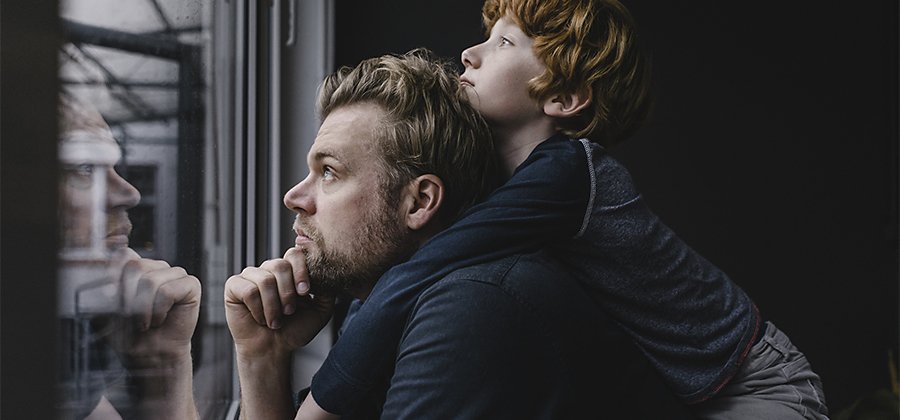
What is candid photography?
Candid photos are true and revealing. Some of the finest examples of candid photography, like the work of Henri Cartier-Bresson, show people at their most vulnerable and real. Getting those unguarded images takes skill and, even for many professional photographers, that assignment can be a challenge. If you’re a photojournalist or a wedding photographer, you’re expected to take pictures where subjects are their authentic selves, neither posing nor looking at the camera.
Unlike portrait photography, where photographers have to make people engage with the camera, candid photography and related genres like street photography are about making people overlook or forget about the camera. Here are a few things to keep in mind when trying to capture great photos of real people in unplanned moments.
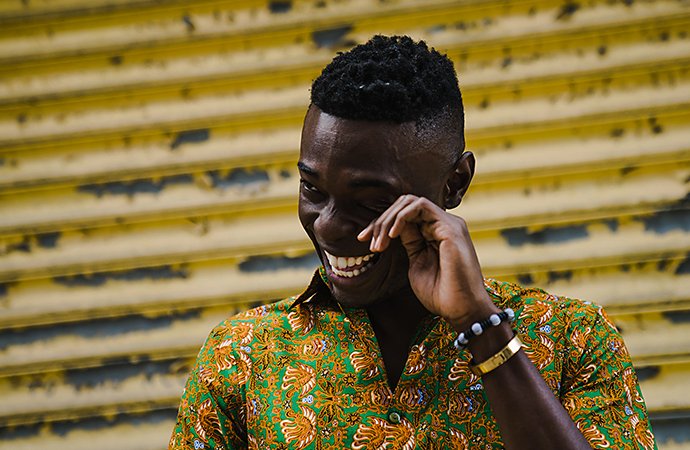
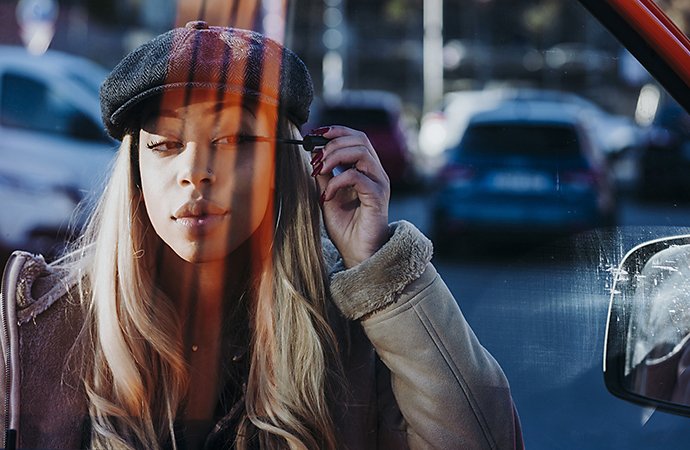
People change when they see the camera.
The very presence of a camera changes how people act and react. People notice when someone is taking pictures, and a professional camera can be a bit intimidating. “The camera is kind of like a loaded weapon,” says Minh Tran, an alt-weekly and concert photographer. As soon as the camera comes out, it triggers a variety of self-conscious reactions. “People aware of being documented react differently,” he says. “Some people want their photo taken, so they’re staring you down and trying to get your attention. Some people put their guard up. They speed away or politely request not being in any photos. Or they can be a little more aggressive and cover their face.” To deal with reactions like this, candid photographers need to be able to read a situation and develop their interpersonal and observational skills.
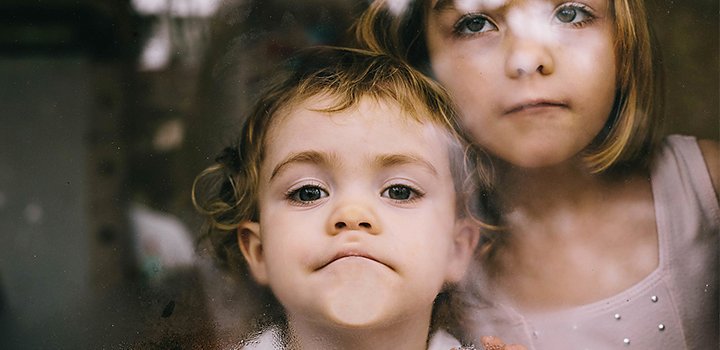
Adapt to the room.
Candid photographers can learn a lot from photojournalism. “It really goes against our grain to pose anything,” says photojournalist Beth Nakamura. “With our work, it’s all about a lack of control — we surrender control. Control is sort of breaking the rules in photojournalism. We try to photograph life as it happens.” That requires going with the flow, and always being ready to get the shot.
People skills are also essential for getting good candid portraits. “Some people are so natural at getting candid moments,” says Kathleen Marie, a photojournalist and newspaper art director. “It’s like they’re friends with everybody. Some photographers have a really great energy. They’re not intimidated.”
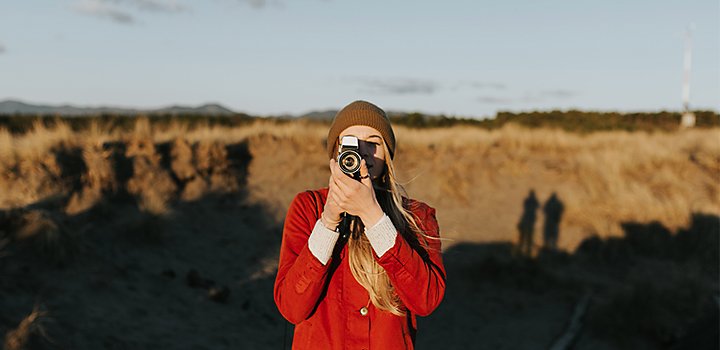
Cultivating these interpersonal skills, the ability to blend in, and being able to shoot from the hip are important skills for candid photographers. “Over time it comes down to your social muscle and your ability to roll with whatever situation you’re in,” says Nakamura. “You have to be very attuned to whatever’s happening in the room. You have to read and adapt to the room, and then work your way in.”
Once you are part of the situation and working in a natural way within it, taking photos can feel less stilted and artificial. “You fold yourself into it, operate within it, and life will unfold before you and around you,” says Nakamura. “Then you are the storyteller of life. You are in there — you are a documentarian.”
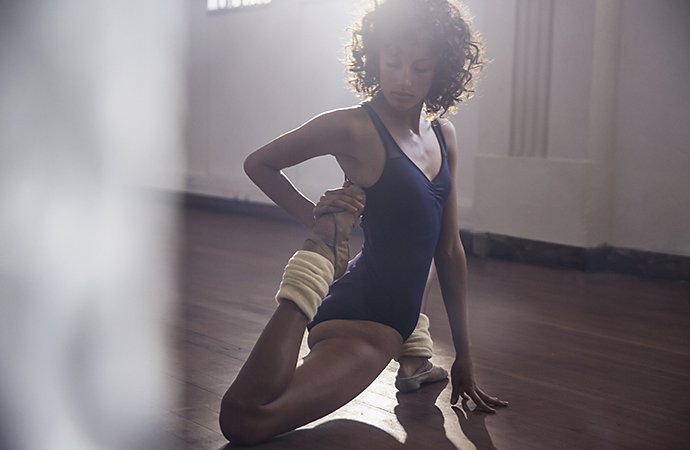
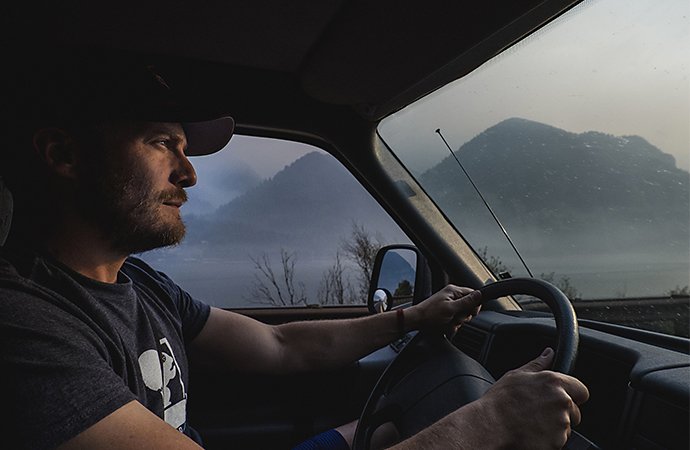
Finding the decisive moment.
Deftly integrating yourself into a new situation can be difficult with technical considerations to worry about. Reading people is only part of the situation when you also have to worry about your depth of field, zoom lens, or camera settings. Are you adjusting for low light? Is your shutter speed right? All these factors piling up can be a major hindrance.
“It’s a matter of relaxing,” says Nakamura. “That means developing your technical skills to the point where they’re not at the forefront of your brain all the time. When you get more comfortable with your tools, you’re able to come forward with the higher skills that have to do with adapting yourself to all manner of environments.”
Honing skills and becoming familiar with your equipment is a matter of constant practice. “You have to develop your skills and keep working,” says Nakamura. “As you get more skills, you’re really rewiring your brain around the tools, around the knobs. My fingers work fast because I don’t think about it.” With enough practice, a photographer can work quickly and effortlessly enough to interact with their subjects because they’re not focused on interacting with their tools.
There are no shortcuts to developing your skills to the point that they’re instincts. There’s no single trick to holding a camera, no single bit of hardware or software or advice that will make you instantly good at capturing authentic, candid images. There’s only the work of creating images. Putting in the time taking photos, editing images, and evaluating which ones tell the truth is the one proven way of training yourself to snap a quick picture and make it look candid and effortless.
When you do get to that point, your eye becomes trained to recognize and find authentic moments. “Always be taking photos. Look for those in-between moments,” Marie says. “Always be looking.”
Contributors
You might also be interested in…
Learn to capture motion with panning photography.
Discover how to show a subject in motion on a blurred background in still photography.
Taking advantage of the golden hour.
Explore how to seize the short moment that many photographers call the best time of day to shoot.
Getting into the sports photography game.
Explore the many ways to make a career shooting sports, from live events to fashion shoots.
Getting an assist from aperture priority mode.
See how this camera mode can teach you about aperture while helping you capture better exposures.



